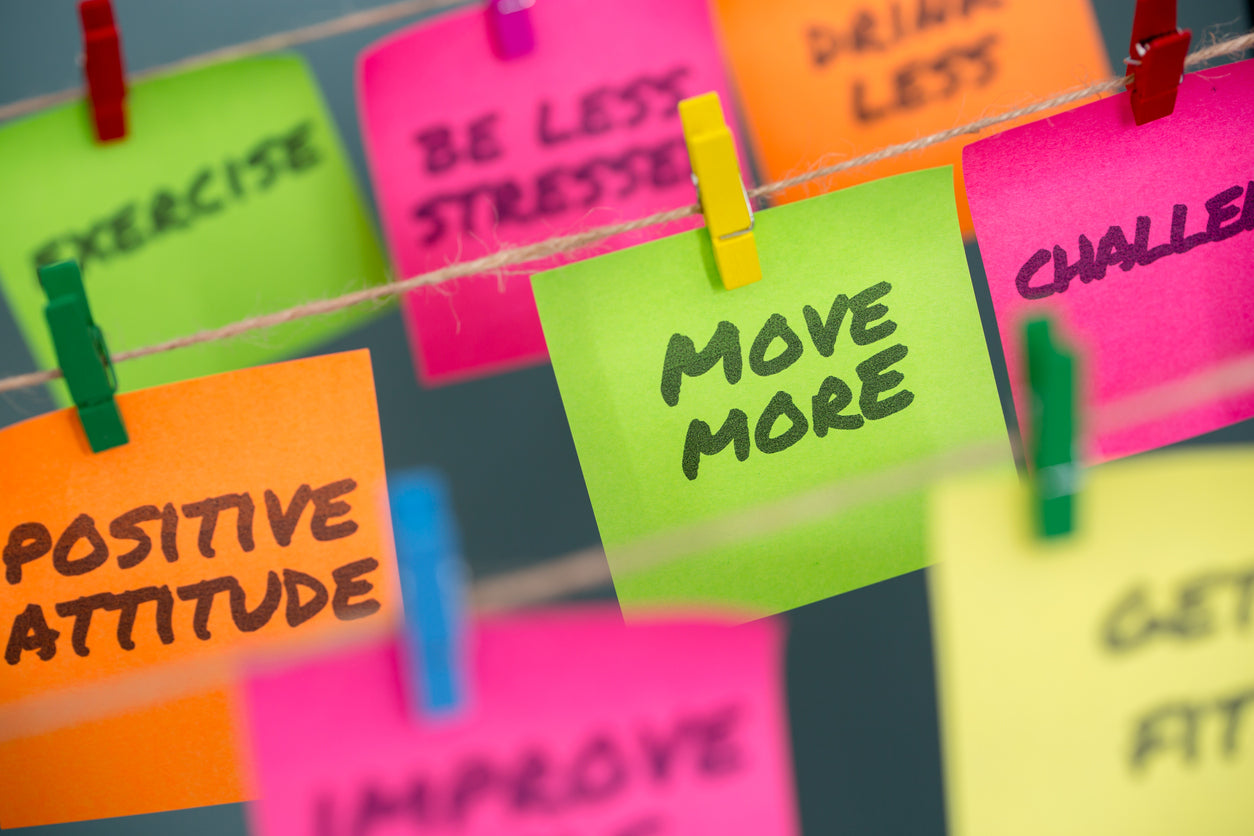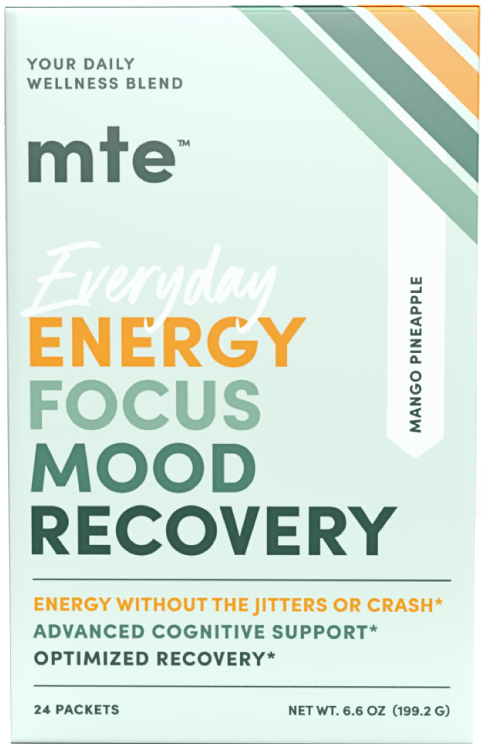
How Chronic High Stress Levels Are Messing with Your Fitness Goals
US culture around health is weird. We are at once a weight- and fitness-crazed society, and we’re also the most obese country in the world – according to the WHO, over 36% of adults in the US are obese. As a result, weight loss products, diet fads, books, workout plans, and more now saturate every aspect of our lives. And as many of us have discovered once or thrice, much of it’s little more than snake oil.
But on the other side of the coin, some of these health and wellness products and lifestyle changes are really helping us get to healthy weights and, more importantly, helping us be healthier! However, as many of us have also discovered once or thrice, we can be trying our best to keep a healthy diet and fitness routine and still have trouble getting the scale to reflect those efforts.
While weight and metabolism are extremely complex and a balance of numerous systems and signals, there are certain black hats that can do a lot of harm all on their own. One of those is cortisol: the stress hormone, and if you’re like 100% of the population: chronically stressed – then your high consistently high levels of this double-edged chemical may be a part of the reason you can’t lose those last 10 pounds.
What Are Pro-Stress Chemicals & Why Are They Bad?
The hormone your body releases as a response to a stressor triggers a series of events that puts your body into fight-flight-or-freeze mode in order to overcome a stressful event:
- Increased heart rate and blood pressure: causes the heart to beat faster and the blood pressure to rise to prepare the body to survive danger
- Increased blood sugar levels: causes the liver to release glucose, which provides the body with energy to deal with the stressor
- Suppression of the immune system: suppresses the immune system to free up more energy for the body to survive the stressful event
- Increased appetite: increases appetite in an attempt to provide the body with the energy it needs to deal with stress, encouraging fat storage around the abdomen
- Signals your energy-mobilization system to go into overdrive. Additional pro-stress hormones released to increase focus and alertness in your mind and body.
Here’s the issue: this survival system is meant for finite events: hunting a mastodon, fleeing a raiding party, overcoming the last 300 miles of a seasonal migration. Evolutionarily, it’s what helped us get to where we are today. Now, our 24/7, overwrought lives are low-grade signaling our stress response all the time. And long-term, chronic high levels of pro-stress chemicals floating throughout your blood stream wreaks havoc.
What are the Negative Effects of High Stress?
Chronically-raised stress levels may actually eat at your telomeres, which are the shields protect your cells from disease, dysfunction and death. Consistent levels of high stress long-term is linked to a number of pretty serious issues:
- Cognitive impairments
- Cardiovascular disease
- Diabetes
- Hypertension
- Immunodeficiencies
- Osteoporosis
- Mood/emotional dysregulation
Another one of these issues is that your stress response tells your body to keep, save, store. Whatever’s there, it needs to stay, because who knows when you’re going to eat or sleep again? It might sound dramatic, but this is what the stress response system is supposed to be for; it was never meant to fret over that contentious conference call, third job or upcoming thesis defense. It was meant to get you through the lean months when hunting and gathering enough food for the group was a struggle.
As a result, these chemicals released during a stress response wants your body to keep all the fat it has. And it also wants you to eat as much as you can whenever you can, just in case. Evolution is slower than human progress, and our body’s haven’t yet figured out that rarely do we actually encounter a real life or death situation. So, how can we help ourselves chill out biologically and shed that feeling of the weight of the world… and maybe also some actual weight?
Am I Self-Sabotaging My Fitness Routine?
Let’s talk about stress and your health and fitness routine, because there are some misconceptions to address:
Myth #1: Low-calorie diets work.
Crash dieting, skipping meals and drastically cutting calories will all raise your levels of pro-stress chemicals because your body goes into starvation mode. In its mind, no food = imminent danger = save everything we have to survive. And “everything we have” is most often focused on the abdomen, which is why you can never find all your abs even with all the dieting in the world. You're working against yourself here.
Myth #2: There’s no such thing as too much exercise.
In short: yes there is. Over exercising puts your body into overdrive; it’s always tired, so it’s always trying to overcome. This raises stress levels, but also over-fatigues muscles and puts you at risk for injury. Both of these things can sabotage your fitness goals.
Myth #3: If I’m in a calorie deficit, it doesn’t matter that I eat well, just that I eat less.
Nope. Processed foods, even in 100-calorie packs or advertised as diet foods, present the drawback of raising levels of stress response hormones and the weight-retaining processes associated with them.
Sugar causes blood sugar spikes that lead to dips and rebounds. Unhealthy fats cause inflammation, which increase neurochemical indicators of stress. If you have hypertension, sodium can raise blood pressure and contribute to this. Artificial sweeteners have also been linked to larger waistlines, so those "sugar-free" protein shakes may not be as awesome as you think.
Lower Perceived Stress & Hack Back into Healthy Stress Signaling
The keys to getting your stress response system back into a healthy balance are in your hands. While you may not be able to quit that stressful job or drop out of your PhD program mid-dissertation, you can adopt self-care habits that give your body the relax-and-recharge resources it needs to get back into homeostasis:
- Sleep is key. Lack of sleep triggers the production of stress hormones to make up for the lack of recovery the night before. Aim for minimum 7-8 hours per night.
- Exercise regularly – not too much or too little. Exercising 30 minutes on most days at a moderate/vigorous level releases endorphins that improve mood and relieve stress.
- A healthy diet low in sugars and fats and high in protein and veggies keeps stress levels in check and helps balance other hormonal processes, too.
- Spend time with the people you love. All the feel-good hormones involved in pleasure, bonding, mood and cognition are released in meaningful social situations. These all have a mood-boosting, relaxing effect on your mind and body.
- Pick up a relaxation technique or two. Whether it’s taking a half hour to watch old episodes of your comfort show for the 47th time each evening or taking up a yoga class 3 mornings a week, find something you like to do that also helps you unwind.
While you’re at it, plant-powered energy supplements like MTE can support improved stress resilience. Adaptogens and nootropics help the mind and body deal with stress more effectively, offering support for recovery, mood, immunity, energy, inflammation, and more. Curious? Learn more on our Wellness Blog.



